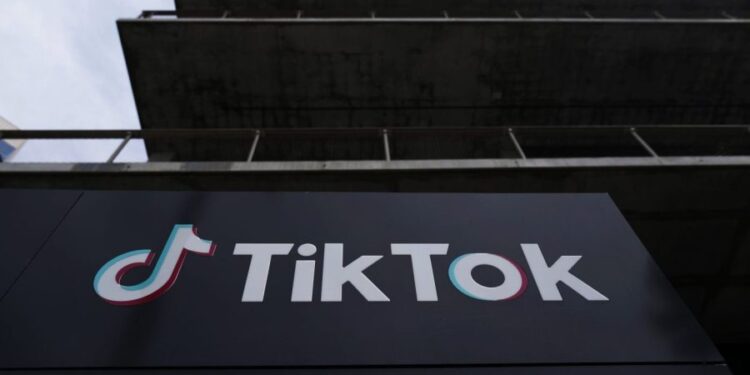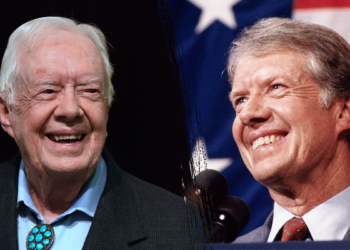
The Justice Department urged the Supreme Court on Friday to deny President-elect Trump’s request to postpone their ruling on a TikTok ban set to be implemented the day before his inauguration.
Attorney General Merrick Garland supported claims that the platform, owned and operated by Chinese-owned company ByteDance, is a threat to national security.
“TikTok’s collection of reams of sensitive data 2 about 170 million Americans and their contacts makes it a powerful tool for espionage, and TikTok’s role as a key channel of communication makes it a potent weapon for covert influence operations,” Garland said in Friday’s brief.
ByteDance is managed by Chinese tech giant Zhang Yiming, who still maintains over 50 percent of voting control over the privately owned corporation which has raised concerns with lawmakers.
“So long as TikTok remains subject to the [People’s Republican of China’s] control, the PRC could use those weapons against the United States at any time — for example, at a pivotal moment during a crisis,” the attorney general wrote.
A lower US appeals court upheld the ban in early December before the case was advanced to the Supreme Court. The nation’s highest court agreed to take up the case last month, setting the stage for a fast-paced, high-stakes battle over free speech.
Trump has asked for a delayed ruling in hopes that with more time he can “negotiate a resolution to save the platform” after a conversation with TikTok CEO Shou Chew.
Chew spoke before members of Congress last March to affirm the platform’s commitment to user safety and data protection among other regulations.
His visit to Capitol Hill helped solidify support for the app from Sens. Ed Markey (D- Mass.), Rand Paul (R-Ky.) and Rep. Ro Khanna (D-Calif.), who claimed a ban of the popular video-sharing app would violate the First Amendment.
“That divestiture requirement is entirely consistent with the First Amendment and with our Nation’s tradition of barring or restricting foreign control of communications channels and other critical infrastructure,” Garland wrote in Friday’s writ. “In arguing otherwise, petitioners portray the Act as an effort to suppress disfavored views.”
“But nothing in the Act would prevent a post-divestiture TikTok from presenting exactly the same content in exactly the same manner,” he continued. “The Act targets control by a foreign adversary, not protected speech.”
The high court would need to issue a ruling before Jan. 19 to ensure the platform remains available to U.S. citizens on the Google and Apple app stores. Oral arguments are currently scheduled for Jan. 10.
President Biden, who has encouraged the ban despite using the app during his reelection bid, does have the authority to delay the ban for 90 days if the company takes significant strides toward divestment.
Trump doubled down on his support for the app earlier this week.
“Why would I want to get rid of TikTok?” Trump wrote on Truth Social, accompanied by an image touting his accounts’ statistics on the app.
The president-elect’s personal account has received 1.4 billion total views and sees an average of 24 million views per post, according to his post.







